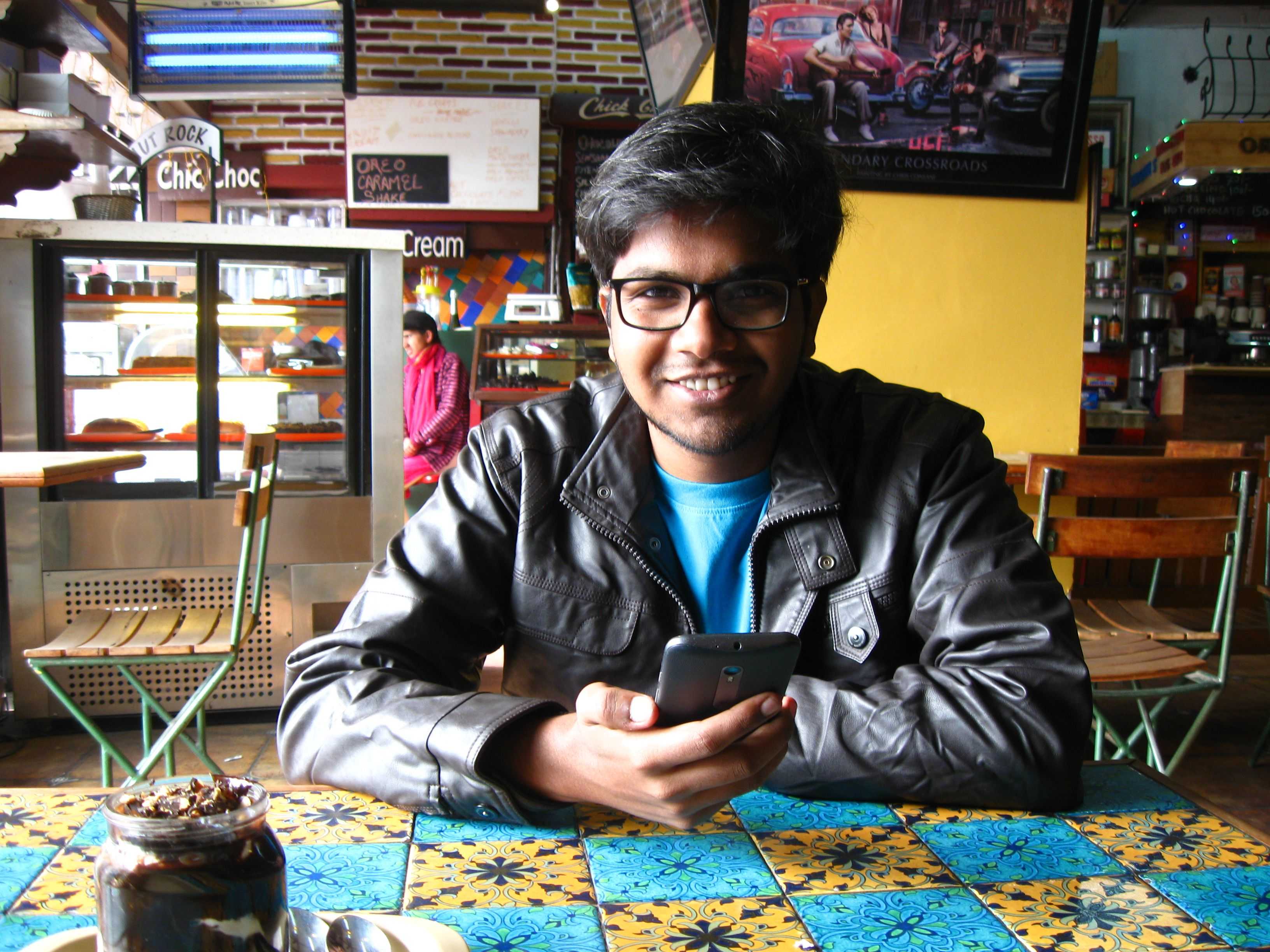
B.E. Computer Science
M.Sc. Economics
CGPA: 8.53
EXPERIENCE
Jul 2020- Present
Centre for Policy Research
Research Associate
I presently work on designing policies by trying to find out the solutions to various problems faced by people . I try to find solutions through our academic understanding, and our understanding of various disciplines.
Aug 2019-May 2020
KPIT
Software Developer
I developed software for connected, shared, and autonomous vehicles at KPIT.
May 2018 – Jul 2018
Samsung RnD
Research Intern
I worked in the Android Memory Performance team and built a neural network model that predicts the next app based on user context, so that memory performance of the phone can be optimized.
May 2017 – Jul 2017
National Institute of Public Finance and Policy, New Delhi
Research Intern
It was a critical turning point and was my first experience in the policy research field. I worked in the quant team of the Macro-Finance research group and built a model to construct an index of Financial Stability for India, using various indicators of the macroeconomy, financial markets, etc.
